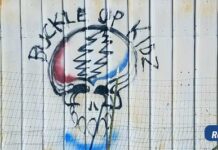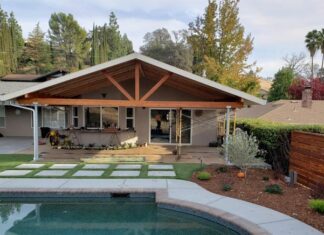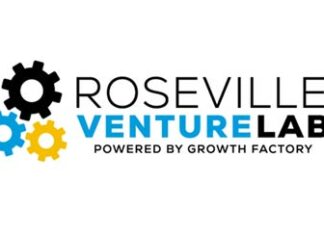Rocklin, Calif. – Teachers have a model for teaching applied math as a result of the Sierra College Tech-Explorer project funded by the National Science Foundation. Findings showed that using hands-on projects, connected to authentic work situations, improves teaching of mathematics.
A total of 306 students built catapults using mills, lathes, drills and other industrial tools. Then the students captured speed, distance, and height of a launched ball during a competition and used the data in a parabolic equation to determine the best launch angle. In addition, 32 teachers participated in three workshops on using hands-on math projects in the classroom.
According to the project principle investigator, Sandra Scott, integrating practical application into math classes and math into technical classes is imperative. “Students really responded when they realized that the parabolic curve is used in headlights, snowboards and solar collectors,” said Scott. “We need to show students how math is applied.”
A student survey revealed that:
- 94% recommended that their school continue to present the project;
- 88% had a greater understanding of the importance of taking accurate measurements;
- 82% felt the project made them more aware of the importance of checking work;
- 73% felt that they learned math better from a hands-on project than from a text book; and
- 64% felt the project helped them understand how math is used in the real world.
Participating teachers benefited from new ways to integrate math into projects and hands-on tools that they can use in the classroom to practice math skills. One teacher commented that through project, instructors can “show them – not tell them – how math can be useful.”
The Sierra College Tech-Explorer catapult project has been adopted at College of the Canyons, College of the Sequoias, and San Bernardino Community College. The Regional Center for Advanced Manufacturing’s Advanced Manufacturing in Tennessee used it at a camp for 8-9th graders. Nebraska’s Columbus Public Schools incorporated Tech-Explorer into SHINE, a NSF funded program.
“Applied math skills are essential to pursuing STEM careers yet employers report that technicians lack this critical knowledge,” said Scott. As part of the project, Sacramento area employers reported that technicians were required to know addition, subtraction, multiplication, decimals, fractions, metric conversions and converting decimals to fractions. Other needed skills included measuring; knowing the difference between height, width and depth; memorizing basic formulas; and using simple geometry.
“Through this NSF Tech-Explorer project we discovered that not only do students need a practical reason to learn math,” said Scott. “They need a review of basic math skills, especially fractions, to complete the project and prepare for STEM education and careers.”
Sierra College Center for Applied Competitive Technologies (CACT) received NSF Advanced Technological Education grant #1003259 for $150,000. The CACT serves manufacturers and technology companies with customized training & technical support; provides entrepreneurs with access to rapid prototyping and other manufacturing technologies; and through the Sierra STEM Collaborative supports career technical education programs in manufacturing & product development, engineering & design pathways at the high school and college level.
(21+ years strong)
Welcome to the brighter side!
Get in front of local customers! 24/7 (365)























